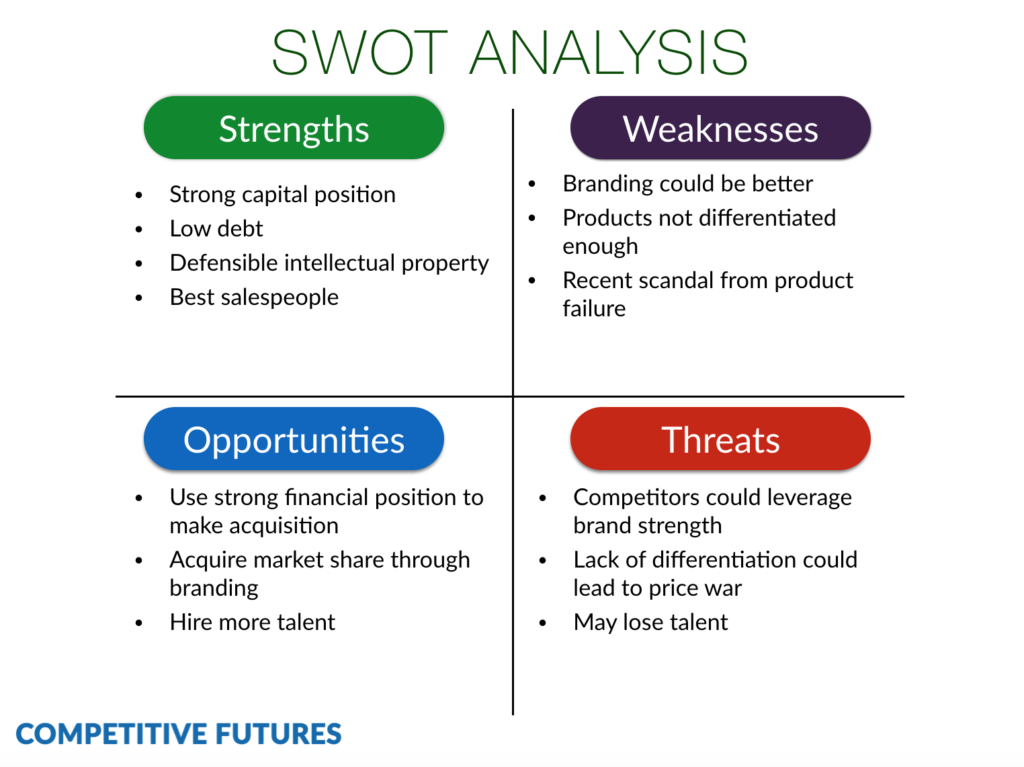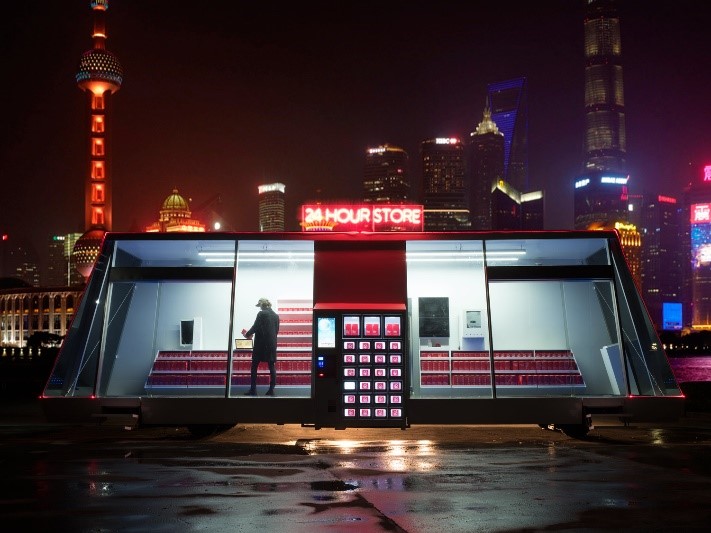Environments
Ask Georgie: PnP under fire for Smart Shopper points
Our thanks to Tony Timm for once again sharing a most interesting article with us
When Pick n Pay introduced its rewards programme, Smart Shopper, in 2011, its success was so stunning it took the retailer by surprise.
For every R100 spent, shoppers would receive R1 back in cash-back points, which were initially valid for three years. On certain items, it offered double or triple points, or instant savings. It’s no surprise that Smart Shopper has been voted the country’s favourite rewards programme.
The impact on the bottom line forced the retailer to reassess its offering to its 10-million-plus card-holding customers, so last April, it halved the value: for every R200 spent, customers receive R1 in cash-back vouchers.
On January 1 this year, PnP introduced a new policy, expiring Smart Shopper points 12 months after they were earned.
The move’s not gone down well with many shoppers.
David Ramsay wrote to complain: “I have been an […]





